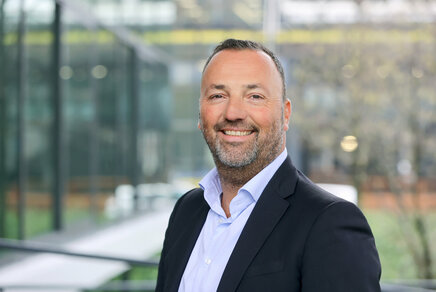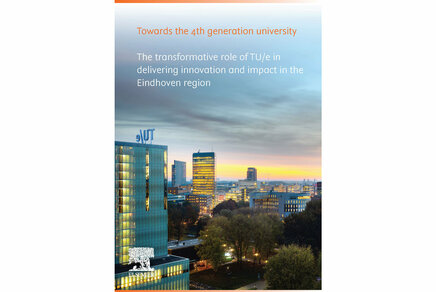Three honorary doctorates in anniversary year
The three laureates are working on computational mathematics, chemical engineering and regenerative medicine.

In this thirteenth lustrum year as many as three professors will receive an honorary doctorate from TU/e. They all work at prestigious American universities: computational mathematician Margot Gerritsen (Stanford University), chemical engineer Klavs Jensen (MIT) and biomedical engineer David Mooney (Harvard University). If the corona pandemic allows it, the laureates will receive their decorations on October the 15th during MomenTUm.
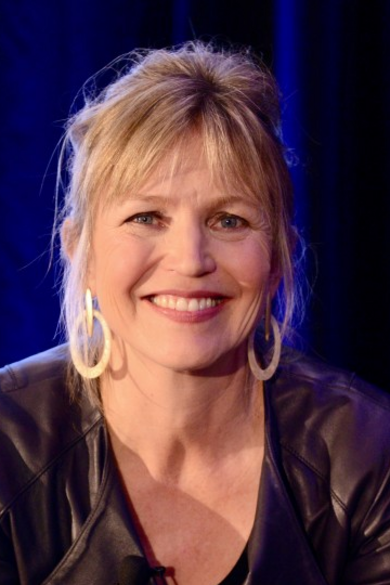
Margot Gerritsen (Stanford University)
Margot Gerritsen was born in the Dutch province of Zeeland and graduated at Delft University of Technology under supervision of renowned professor of numerical analysis Henk van der Vorst, after which she went out into the world. After she obtained her PhD at Stanford University, she worked in New Zealand for a few years, before she decided to return to Stanford, where she currently serves as a professor of Energy Resources Engineering.
Gerritsen is a versatile mathematician with a keen understanding of engaging subjects, her honorary supervisor Barry Koren, professor of Scientific Computing, says. He cites the example of a student project he and Gerritsen supervised together. “National Geographic wanted to demonstrate, using fossilized bones, how pterosaurs could fly.” She also computed the optimal shape of sails for yachts that compete in the famous America’s Cup, Koren says. “Margot really excels in public outreach and education, and she has great organizational talent as well. Mathematicians don’t often head major projects, but Margot is an exception.”
The focus of her scientific work lies on energy and earth sciences, Koren says. “She uses mathematics to study ocean flows and wildland fires, as well as combustion processes in industry. In addition, she’s specialized in computing fluid flows in porous media, which is important for petroleum and drinking water extraction.” TU/e also has an excellent reputation in the field of porous media, with the Darcy Lab and – particularly in the past – specialized mathematicians like former rector Hans van Duijn, who serves on the National Committee Sector Plans Technology together with Gerritsen. That’s typical of her, Koren says: “Margot is anything but an armchair scholar, and she’s very committed to the Netherlands.”
Koren hopes that Gerritsen can use her honorary doctorate to take on the role of ambassador and foster a relationship between TU/e and Stanford. “I think that it would be great if we could exchange students with Stanford University.”
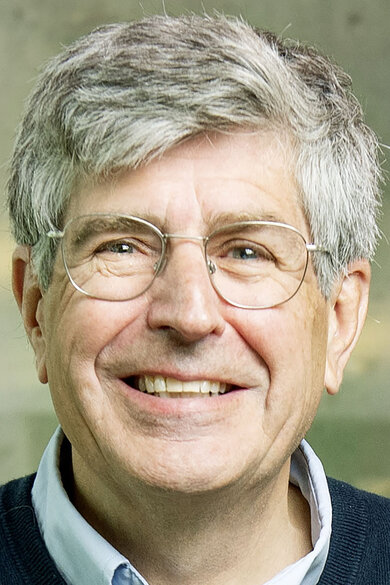
Klavs Jensen (MIT)
The decision to nominate Klavs Jensen for an honorary doctorate was made jointly by the members of the scientific committee of Chemical Engineering & Chemistry (CE&C), the department’s dean Fausto Gallucci says. He and his predecessor Emiel Hensen act as honorary supervisors of the Danish-born American. After Jensen completed his studies in his country of birth, he went to the United States, where he received his PhD from the University of Wisconsin. Jensen has been serving as a professor on the staff of the prestigious Massachusetts Institute of Technology (MIT) since 1989.
The CE&C department had already nominated Klavs Jensen for an honorary doctorate last year, but that decoration wasn’t presented in 2020 due to the corona pandemic. Gallucci: “Jensen has an impressive CV, with many publications, citations and patents within research fields in which we are active as well. Such as microreactors for new reactions in the field of energy supply, but also flow chemistry for drug manufacturing, for example.”
Gallucci also sees points of contact with Jensen’s work outside his department. “He works on quantum dots, as we do here at the department of Applied Physics, and uses machine learning. Collaboration with Jensen’s group could also be of interest to our institutes EAISI and ICMS.” The CE&C department already has ties with MIT, but no joint project has been launched with Jensen so far. “That’s what we hope for in the future, of course.”
Emiel Hensen stresses that Jensen is a chemical engineer who always seeks connection with chemical subjects. “Our department rests on those two pillars, chemical engineering and chemistry. That is why Klavs Jensen can inspire us to exploit that synergy to the fullest extent possible.”
David Mooney (Harvard University)
“A wonderful, inspiring researcher,” professor of Biomedical Materials & Chemistry Patricia Dankers says about David Mooney. “And an amiable, pleasant colleague,” professor of Cell-Matrix Interactions in Cardiovascular Regeneration Carlijn Bouten stresses. “David is a leading scientist who is also very down to earth; a true role model in our field.”
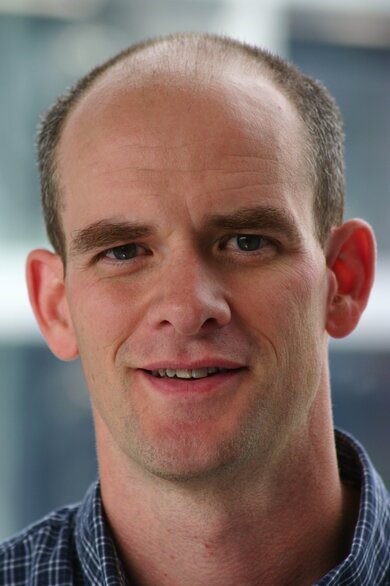
Dankers and Bouten both act as honorary supervisors for Mooney, who studied chemical engineering in his hometown of Madison, Wisconsin, after which he obtained his PhD from MIT. He has been working as a professor at the Harvard School of Engineering and Applied Sciences since 2004. Mooney is also a founding core department member at the Wyss Institute for Biologically Inspired Engineering at that same university in Cambridge, Massachusetts.
Mooney’s highly multidisciplinary work fits in well with the research projects carried out at de department of Biomedical Engineering and the Institute for Complex Molecular Systems (ICMS), Bouten says. She and Dankers know Mooney personally because he serves on the advisory board of the Materials-Driven Regeneration gravitation program, of which Bouten is coordinator. “David is very familiar with our university and has visited Eindhoven several times, including for a two-week mini sabbatical. He proved himself to be very dedicated educator and mentor during his supervision of TU/e students who were following an external internship in his group. And we, too, learn from him.”
Another special feature of Mooney’s work, Dankers stresses, is that he forges a link between fundamental research and clinical applications. “His research focuses on, among other things, the search for materials for regenerative medicine, a field in which he introduced immunoengineering.” She briefly outlines what this new form of medicine entails: “You implant a piece of plastic, which attracts certain body cells and instructs them to attack tumors.” This will activate a patient’s immune system to fight the cancer cells. “David is very modest about that,” Bouten adds. “But he was the first to start with the development of materials for this purpose.”
Dankers and Bouten hope that Mooney’s honorary doctorate will lead to a closer cooperation between TU/e and Harvard University. “But the most important thing is that he truly deserves this decoration,” Bouten says. “And by honoring him, we also want to show our students and PhD candidates that David is an exemplary scientist.”
Source: Cursor
More on Health
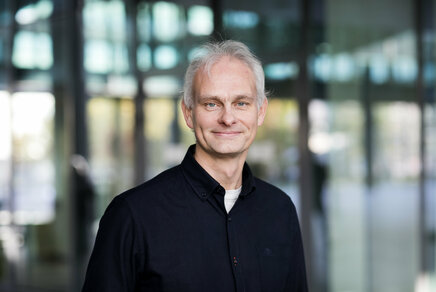
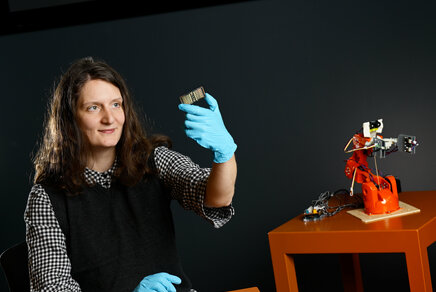
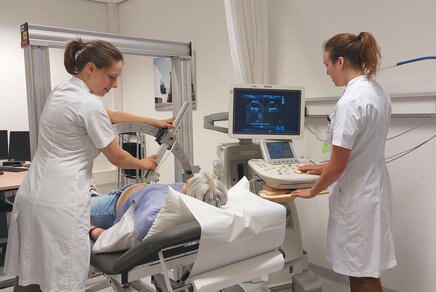
Latest news

